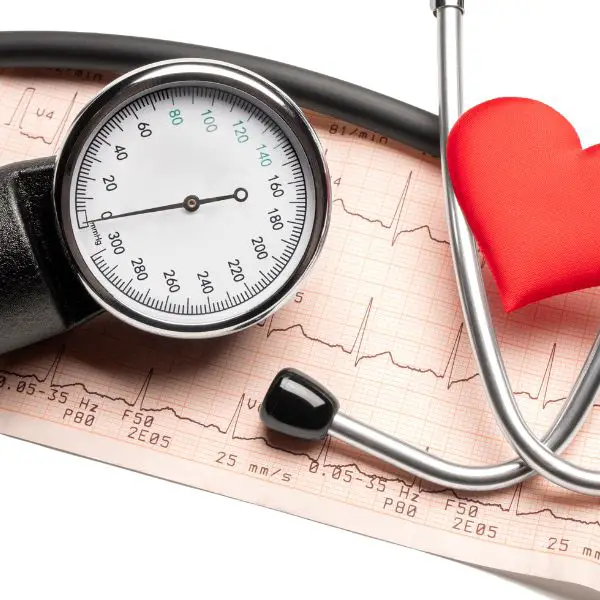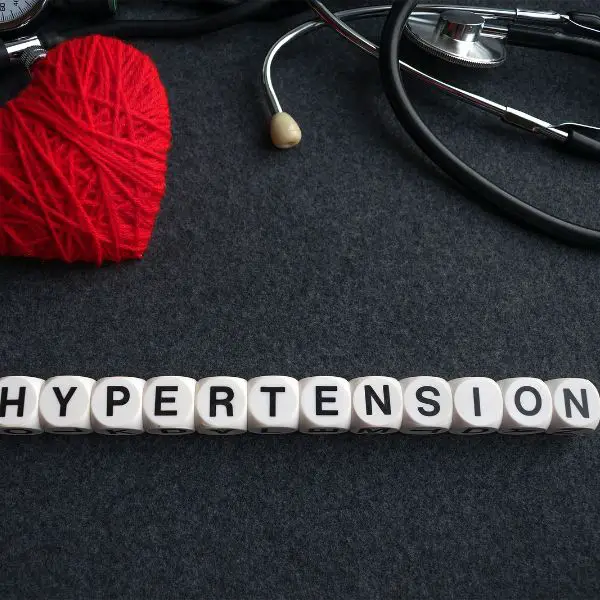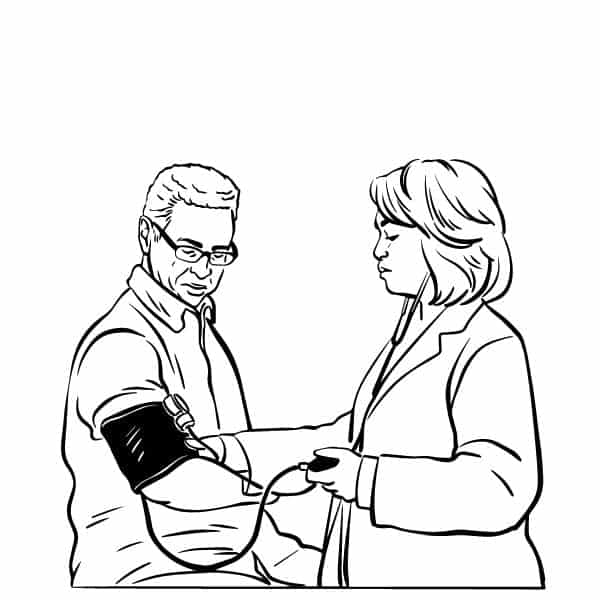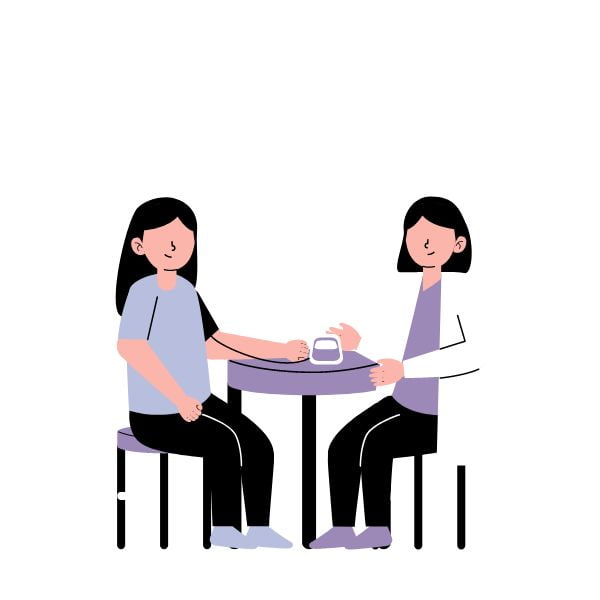Opening Thoughts
Of course, if it’s a blood pressure examination you are considering, you also get winded, and your palms become wet! If so, you’re not alone. Blood pressure phobia is a very familiar problem that is baseless but causes problems like tension and sometimes even gives bad results. This fear may make it difficult to get the necessary medical care, but the usefulness of this knowledge is that there are ways to cope with it.
With your efforts, you can alleviate many of your relevant concerns, regain control over your health situation, and feel more comfortable during medical appointments. In this article, we will go through the meaning of blood pressure phobia, what causes it, how to recognize its symptoms, and how to treat and reduce it effectively.
What is Blood Pressure Phobia?

Blood pressure phobia, on the other hand, is a high level of fear or anxiety when undertaking a blood pressure test. It will result in higher readings, failure to seek medical attention and possible complications. Still, it should be noted that this phobia is treatable and that getting professional assistance can dramatically improve your state.
Causes of Blood Pressure Phobia

Understanding the root cause of your fear can be the first step toward overcoming it. Common causes include:
- Anxiety: When the cuff tightens, individuals may feel tense or even panicked, which also leads to high readings.
- Past Traumatic Experiences: Pain and discomfort during medical visits leads to the formation of fear.
- Fear of the Unknown: If it is not properly understood, then there may be too many things to worry about.
- Generalized Phobias: People who already have anxiety disorders or other related phobias are likely going to develop this kind of fear.
Symptoms of Blood Pressure Phobia

Blood pressure phobia can manifest in physical and emotional ways, including:
- Palpitation and excessive sweating
- Dyspnoea is substantially characterized by a shortage of breath or shallow breathing exercises.
- Dizziness or light-headedness
- Specifically, failure to attend appointed medical appointments
- Those against blood pressure testing, is there some form of panic attack one feels when in front of the instrument?
How to Overcome Blood Pressure Phobia

1. Talk to Your Doctor
You must explain your situation to your doctor or physician suitably. Tell them your concerns and let them describe how they go about it. They can also meet your requirements, perhaps taking your blood pressure manually or in a casual manner.
2. Get Familiar with Relaxation Methods
Practical relaxation methods include profound breathing techniques and mindfulness, which help fight anxiety. Try this exercise:
Square Breathing: Breathe in for four, hold it for four, breathe out for four, pause for four, and continue again. This helps reduce the activity of your nervous system.
Another way to refocus attention is to imagine a beautiful beach.
3 . Distract Yourself
This means entirely avoiding looking at the cuff during the test and focusing on something else instead. Listen to music, count objects in the room, or stretch/bend yourself to change channels.
4. Physical activity before the visit to the doctor
Natural ways to reduce your stress and blood pressure include engaging in light exercise, including walking for 15 minutes. Whenever one can, it is recommended that he or she arrive early enough and spend a little time outside the building or the particular department.
5. Book Afternoon Appointments
You will also feel more relaxed if your appointment is scheduled after the middle of the day. Mooring appointments are always tight and may cause a lot of stress, and if you have a calm feeling, it will contribute to anxiety.
6. Make Lifestyle Adjustments
- Small changes can help reduce overall anxiety:
- Avoid caffeinated foods and sodium intake before your visit.
- Stay hydrated.
- It is highly advisable that individuals take a nap before the journey in order to feel more restful than usual.
7. Seek Professional Help
If the fear is severe, it is recommended to seek help from a therapist or counselor. Cognitive Behavioral Therapy (or CBT) can assist you in changing the ways you think about your phobia and finding out approaches to its causes. In some circumstances, drugs may also be helpful, as the primary cause is anxiety and fear.
Summing Up
They cannot overcome blood pressure phobia over a short period of time, but with help, it is easy to achieve. Regardless of these methods, you can do something to reduce your fear and ensure that your health is not at risk. However, this should be made Clear that you are not alone in this, and assistance is around to guide you all through.


I was surprised that when I had my pressure taken at the doctor’s before a procedure that it was extremely high. I was terrified I would have a stroke. I had never seen my pressure that high. So I began eating more fruits and vegetables and really cut down on salt. It helped a little but not enough. And it was a few months ago that my pressure was much lower than this too. I did lose two siblings in the past several months who lived far away and who had been I’ll but it was still a terrible shock. I have one sibling left, by the way, who has low blood pressure.